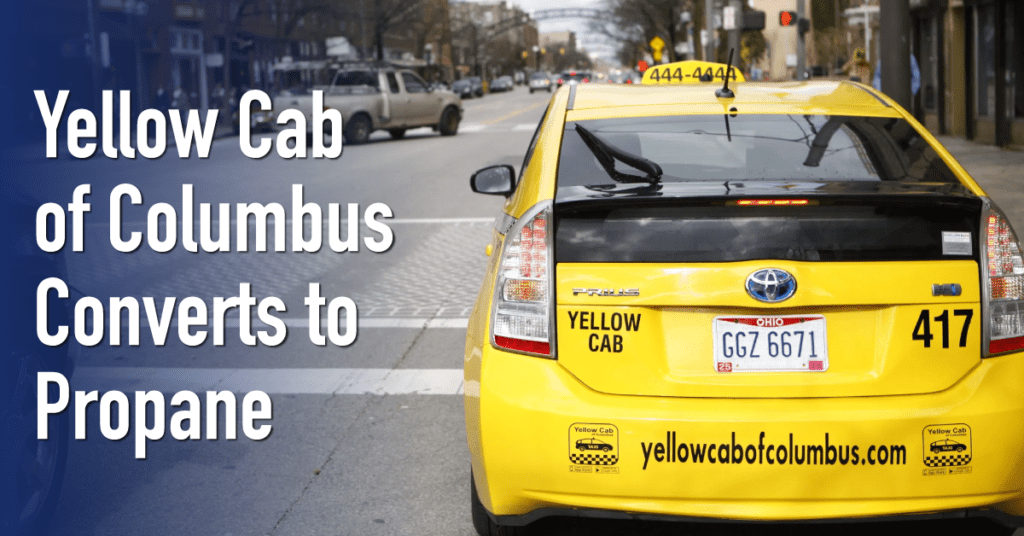
Yellow Cab of Columbus Converts to Propane AutoGas
Jeff Kates, President of Yellow Cab of Columbus, had an interest in alternative fuels for their taxi cab fleets, but his knowledge on propane was minimal until a chance meeting with Blossman Gas — a propane marketer that spearheaded the Alliance AutoGas vehicle-conversion network — changed his outlook and his business.
Now, Yellow Cab of Columbus has been serving an alternative fuel model for taxi fleets in Ohio’s capital city for years, with 25 vehicles converted to propane autogas and a refueling infrastructure installed to keep them running.
“It was a nice team effort to help us do something that we knew was the right thing to do and didn’t have all the practical knowledge to get this accomplished,” Kates said. “Now it’s got us feeling pretty proud about what we’ve done when it comes to getting 20% of our fleet a lot less dependent on foreign oil.”
“Now, [propane autogas] has us feeling pretty proud about what we’ve done when it comes to getting 20% of our fleet a lot less dependent on foreign oil.”
Jeff Kates, President of Yellow Cab of Columbus
“The number of miles put on [taxi cabs] is amazing, so that accelerates the payback period of the actual conversion because of the fuel savings of running propane and the number of miles.” Says Brian Feehan, former Vice President of Engine Fuels for the Propane Education & Research Council (PERC).
A light-duty vehicle consumes about 2,000 gallons of propane per year, but that number can grow substantially with the high mileage of taxicabs, Feehan adds. Each taxi in the Columbus fleet travels about 40,000 – 60,000 miles per year, according to company officials. In about nine months, Yellow Cab of Columbus vehicles burned about 40,000 total gallons of propane, Kates estimated.
Yellow Cab of Columbus was sold on the bi-fuel option of the EPA-certified Prins Vapor Sequential Injection LPG conversion system, provided by American Alternative Fuel of West Coxsackie, N.Y. The vehicles start on gasoline and automatically switch to propane, and the driver can then choose the fuel. American Alternative Fuel converted the first two cabs for Yellow Cab of Columbus and trained its mechanics on the system.
“The cabs not only run on propane, but if propane is unavailable they still run on gasoline,” Kates says. “I thought that was very important seeing that the drivers get trips out of town or are just working hard and don’t have time to refuel at the company’s station.”
“Any doubts we had before the transition to propane has been overcome pretty quickly, and the drivers are pleased with the cabs’ power and performance. If we had another 40 propane vehicles, the drivers would be jumping in them.”
Jeff Kates, President of Yellow Cab of Columbus
Kates was also drawn to the ease that cabs are refueled – similar to gasoline – and a fuel savings of about 25% less than gasoline. Autogas averages $1.30 less per gallon compared to gasoline, Rodney Johnson, Branch Manager for Alliance AutoGas of Ohio says. A tank of up to 24 gallons is stored in the vehicle’s trunk. Yellow Cab of Columbus now has a refueling station on site, equipped with two 1,000 gallon tanks.
“With our business model, the drivers are paying for the gas. We don’t necessarily benefit from the savings, but if the drivers are happy we end up having better customer service all around,” Kates says.
“Any doubts we had before the transition to propane has been overcome pretty quickly, and the drivers are pleased with the cabs’ power and performance,” Kates says. “If we had another 40 propane vehicles, the drivers would be jumping in them.” he adds.
Buying propane vehicles or converting your fleets to propane autogas is made easier with the rebates available from the Ohio Propane Gas Association. The OPGA is offering up to $5,000 per entity, $1,000 each for vehicles or mowers.


